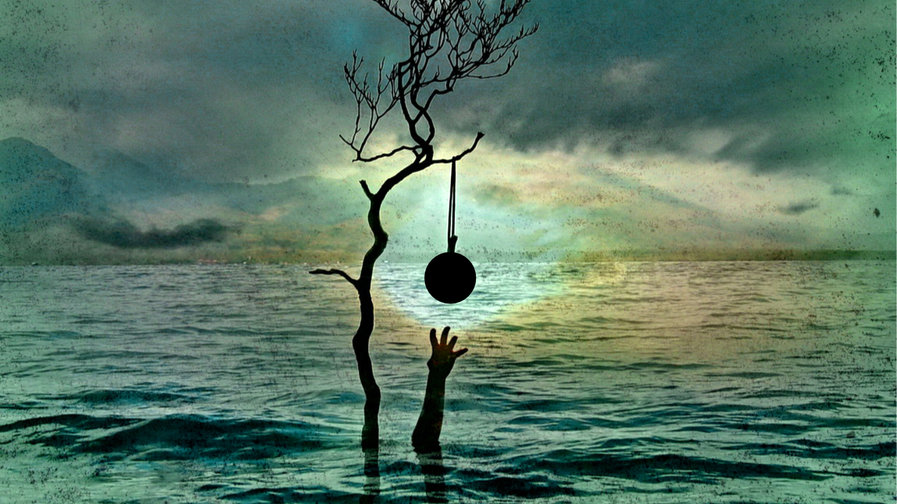Google VP Warns All Memory of 21st Century May Be Lost

Vint Cerf, a vice president at Google and one of the father’s of the internet, warned that our collective memory of the 21st century could be lost forever if digital content — from spreadsheets and text documents to family photos and home videos — becomes unrecognizable as a result of software’s inexorable progression.
Presented at the annual conference of the American Association for the Advancement of Science, Cerf’s warning about a “digital Dark Age” seems counterintuitive. Whereas a photograph can burn and disappear forever, digital content is easily copied and can be stored in many locations with ease — in principle, digital content will exist forever. But we are not at risk of losing the data itself, according to Cerf. Rather we could lose the ability to interpret the data as software progresses and leaves old ways of coding data behind.
As programmer Clay Johnson explains in his Big Think interview, code writers now play an indispensable role in preserving human culture:
“I think it’s time for software developers to really step up and understand that their role in society is actually pretty vital. Our definition of literacy is rapidly changing. … We have a new form of digital literacy, and 30 years from now someone saying ‘I’m not a computer person’ or ‘I’m not a technology person’ will be the equivalent of someone today saying ‘I don’t know how to read.'”
As we become increasingly reliant on software to store and manage information, computer programmers will become the guardians of human history. The ability of future generations to understand the events of our day will depend on the accessibility of documents, photos, and recordings.
To solve the problem of possibly losing all our current digital information to antiquated software, Cerf proposes a tool called a “digital vellum,” which works by taking an X-ray snapshot of the digital content, the application, and the operating system together. That digital snapshot would allow the past to be recreated in the future.
Read more at BBC News.
Photo credit: Shutterstock




